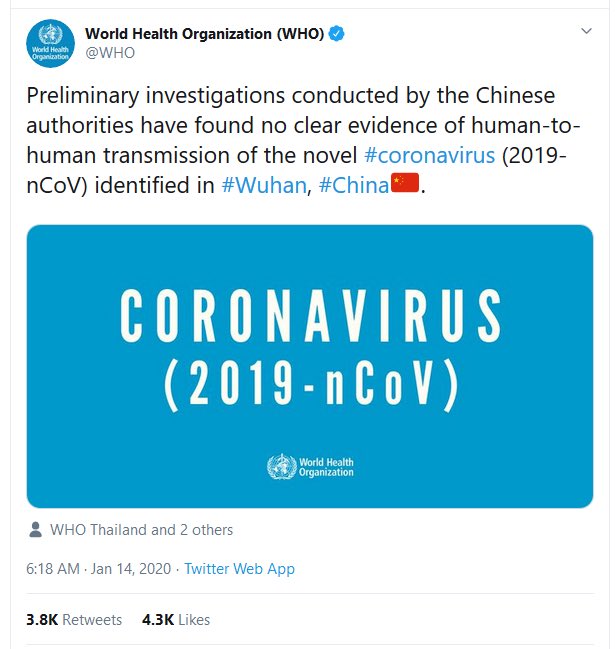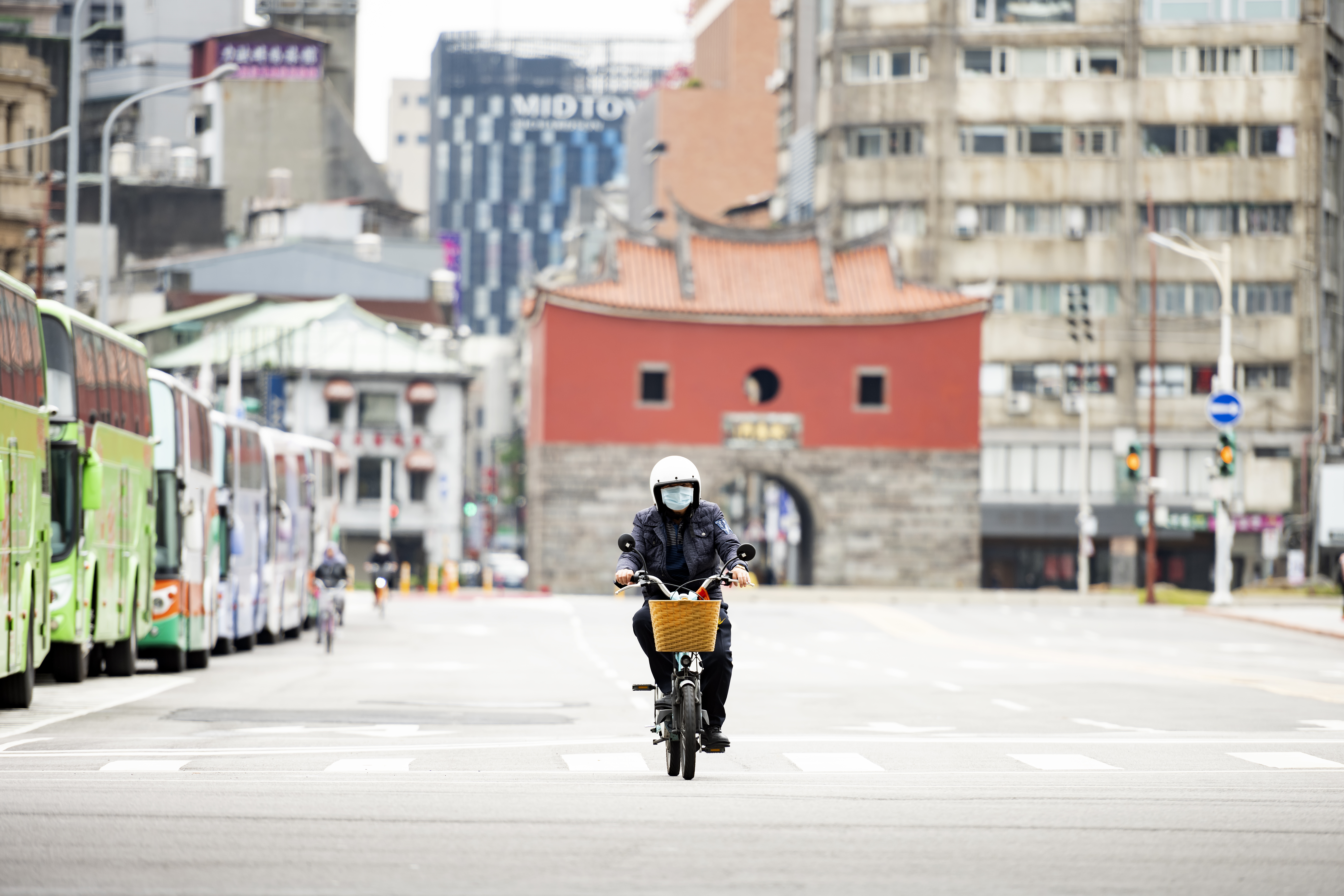Taiwan ‘Didn’t Trust Either the Chinese Government or the Head of the World Health Organization’
Why has Taiwan done so well in combating COVID-19 — this pestilence that the press initially was calling the “Chinese coronavirus” or “Wuhan virus”? Simple: Taiwan’s leadership assumed everything it was hearing was a lie. A PBS News Hour feature sheds light on the skeptical posture that America must adopt toward Beijing going forward:
In short, Taiwan heard what the rest of the world was hearing: that something strange was happening in Wuhan. But whereas Italy, the United States, and most of the rest of the world trusted that “something strange” was as much of the story as we needed to hear, Taiwan sent its own investigators to Wuhan:
[Taiwanese Dr.] Steve Kuo: The SARS outbreak is a wakeup call for Taiwan. And we learn a lot from the SARS outbreak.
[PBS News Hour’s] Nick Schifrin: Dr. Steve Kuo is the former head of Taiwan’s CDC, and led the SARS task force in 2003, when the SARS epidemic made hundreds of Taiwanese sick and killed more than 70, the third highest tally in the world.The very next year, authorities prepared for the next crisis. That preparation allowed Taiwan’s CDC to detect the COVID-19 threat before the Chinese government announced it.
Steve Kuo: We pick up the signal that there is some strange outbreak in the Wuhan areas at the end of the last year from social media networks.We decided, and we did send two medical doctors to Wuhan from Taiwan CDC to get a better understanding of what happened there, OK? And then five days later, on January 20, the government decided immediately to set up and activate the central command centers.
Nick Schifrin: That centralized command center launched border restrictions before almost anyone else, set local quarantine rules, and turned to technology.One phone app allows Taiwan residents to find stores with masks in stock. Another app provides information on all of those who are COVID-19 positive, where they have been, and their case history. And the government made sure it had enough medical equipment.
Steve Kuo: After the SARS outbreak, actually, we have the law to require hospitals to have a stockpile for all medical supplies for 30 days for the hospitals.
Nick Schifrin: Another reason Taiwan acted so early, they didn’t trust either the Chinese government or the head of the World Health Organization, who, in January, praised China’s response, [emphasis mine] says Bill Stanton, the former top U.S. diplomat in Taipei.
William Stanton: He was just defending the Chinese position and echoing what they had to say. And it made the Taiwanese even more suspicious to what the Chinese were doing for that reason.China doesn’t allow Taiwan into the WHO, and that’s really stupid, because Taiwan is one of the main countries in the world that has expertise on international health issues.
Taiwan was conducting its own investigation in Wuhan at the same time that the World Health Organization was, it turns out, shredding its institutional credibility by assuring the rest of the world on January 14th that there was no reason to fear — let alone any reason to take precautions — due to the rumors out of Wuhan:

As The Daily Beast’s Christopher Dickey writes, the WHO’s “reliance early in the pandemic on China’s information—and lies” meant that it had allowed itself to become politically compromised and consequently meant that it had failed in its responsibly to warn and protect. The WHO would take another eight weeks before declaring the virus a pandemic on March 11th. The WHO spent February advising against travel bans. The WHO spent March equivocating about the value of face masks. And the WHO has spent April leaning into the absurdity of its position, critiquing its critics, and calling for unity in response to the division that its own failures have helped produce.
There is no greater immediate human rights concern than ensuring we collectively learn how to avoid the needless loss of life that is now taking place globally due to the failures of the WHO and the Chinese Communist Party.
Taiwan acted proactively, guided by realpolitik as much as past experience. All that is to say, Taiwan acted like a nation state. We should be glad for it and learn from their prudential approach to regimes and institutions that may be more hollow than we care to consider.
